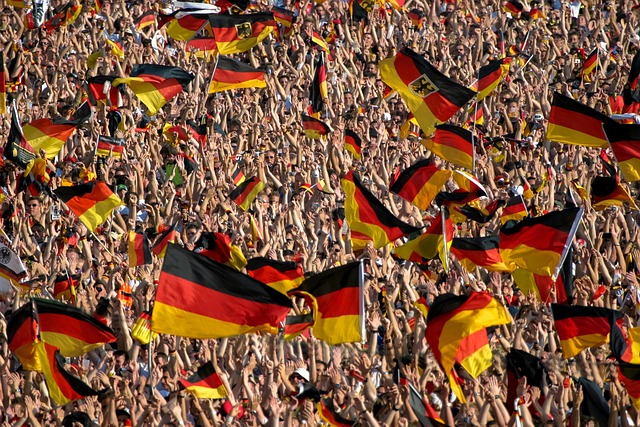In a significant decision, soccer clubs in Germany belonging to the DFL (Deutsche Fußball Liga) have exercised their veto power to reject a proposal that sought to allow outside investors into the clubs. The decision highlights the clubs’ commitment to maintaining their independent ownership structure and preserving the traditional model of fan ownership in German football.
The proposed bid aimed to introduce a change in the ownership regulations, potentially allowing external investors to acquire stakes in German soccer clubs. However, the DFL clubs collectively voted against the proposal, signaling their preference for the existing ownership model that prioritizes fan involvement and local community ties.
The veto holds symbolic importance for German football, as the country has long embraced the concept of fan ownership, known as “50+1.” Under this model, clubs must maintain majority ownership by their members or supporters’ associations, ensuring that fans have a significant say in club decisions and maintaining a strong connection between clubs and their communities.
The decision to block outside investment reflects the desire to protect the integrity, identity, and long-standing traditions of German football. Supporters argue that the 50+1 rule fosters a unique football culture, where fan loyalty and engagement are highly valued, and clubs prioritize long-term sustainability over short-term financial gains.
While some proponents of the proposal argued that outside investment could provide clubs with additional financial resources, opponents expressed concerns over potential loss of control and influence over decision-making processes. They feared that external investors primarily driven by profit motives might prioritize commercial interests over the clubs’ traditions and community-oriented values.
The veto by the DFL soccer clubs sends a clear message that they are committed to upholding the principles of fan ownership and preserving the distinctive nature of German football. It also highlights the clubs’ collective determination to maintain their independence and resist any pressures to deviate from their established ownership structure.
The decision has sparked debates within the football community and prompted discussions about the future direction of club ownership models in other leagues around the world. While some countries have already embraced significant outside investment in their clubs, Germany’s steadfast commitment to fan ownership serves as a contrasting example.
As the landscape of football ownership continues to evolve, the veto by the DFL clubs reiterates the importance of considering the perspectives and aspirations of fans in shaping the future of the sport. It underscores the unique bond between clubs and supporters in Germany and showcases the enduring appeal of fan-driven football traditions.
The outcome of this veto will have implications for the trajectory of German football, reaffirming the commitment to fan ownership and sending a strong signal to potential investors that the clubs prioritize the interests of their supporters. It is a reminder that, in German football, the passion and loyalty of the fans remain at the heart of the game.












